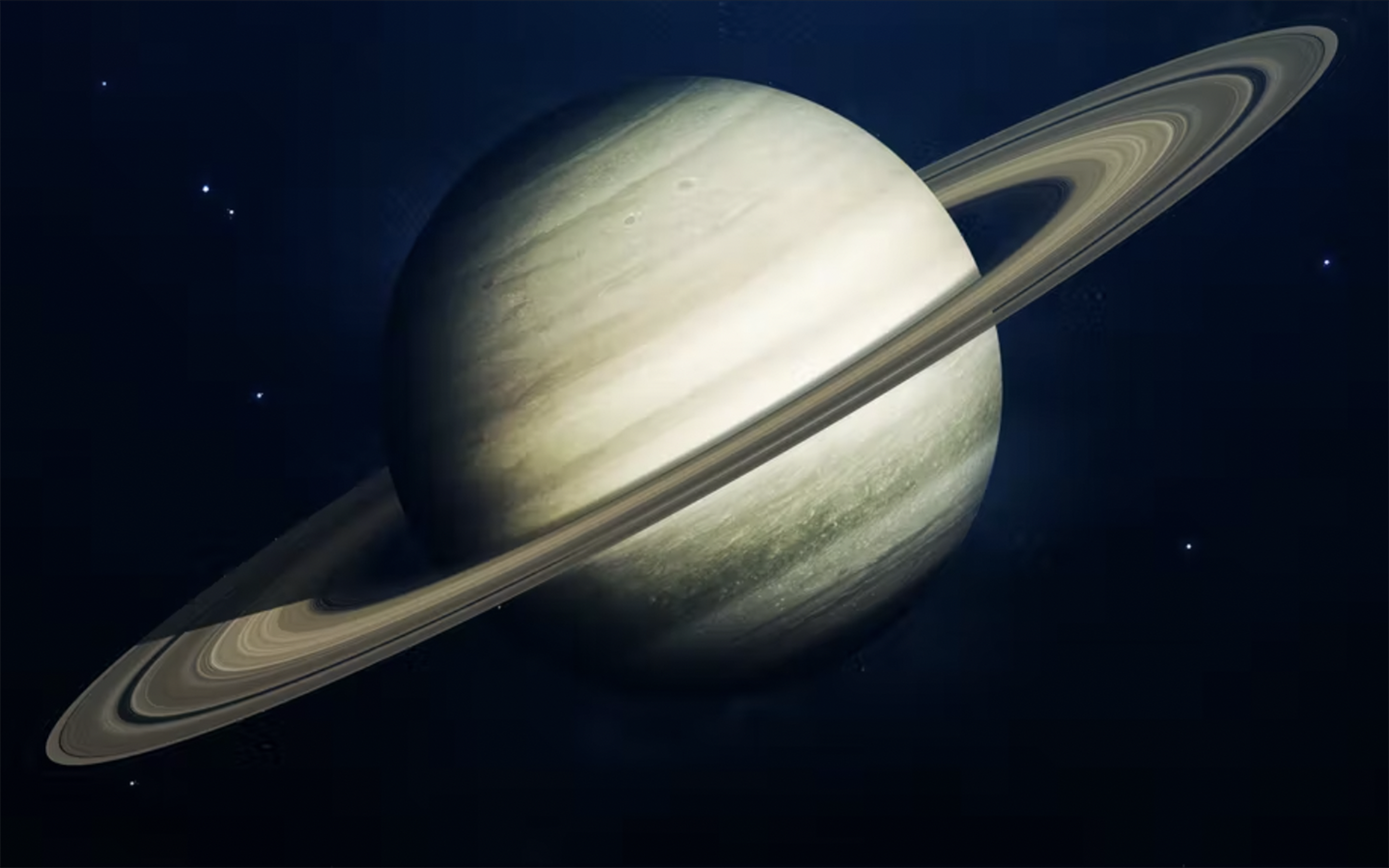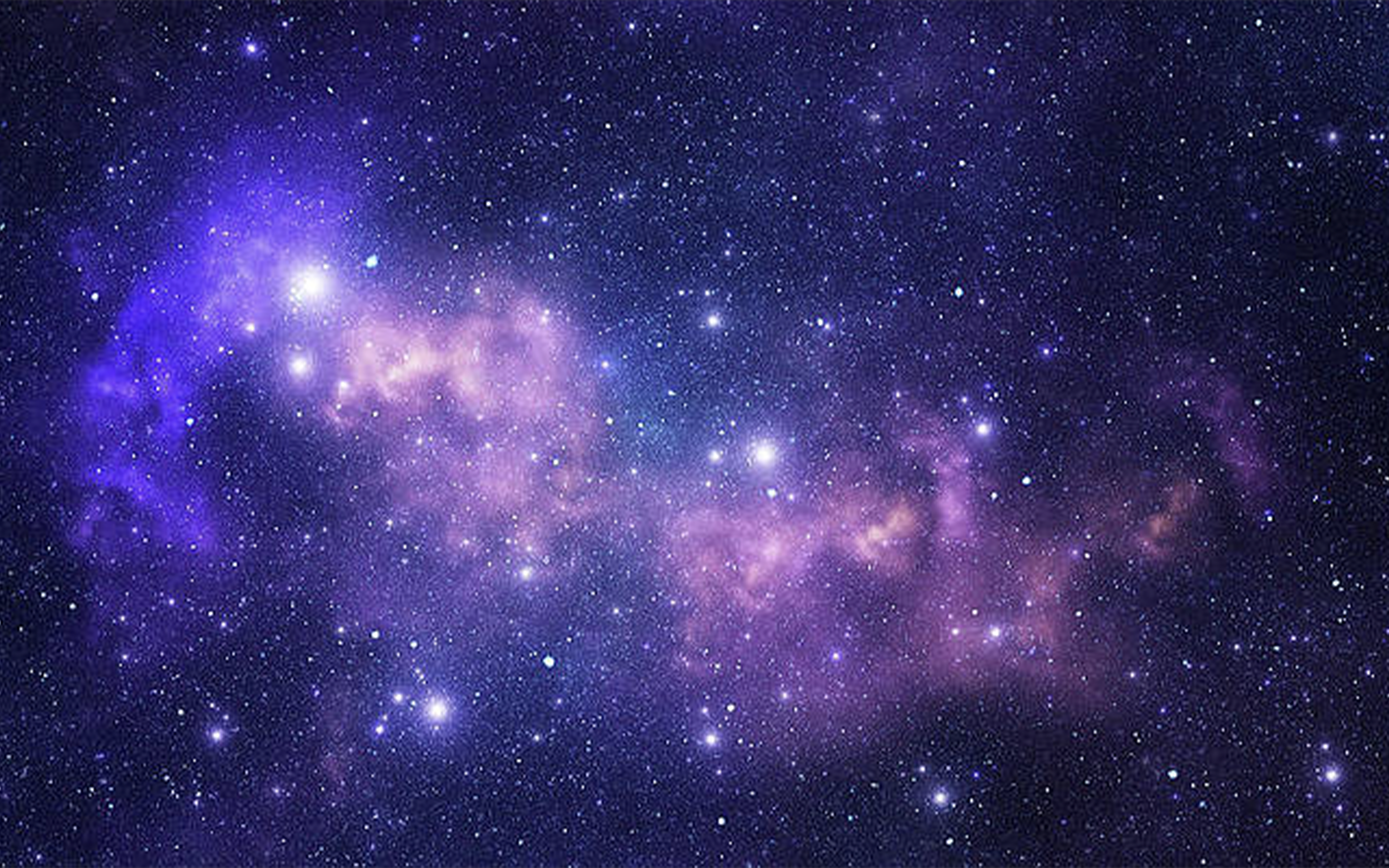We often refer to our expanding universe with one simple word: space. But where does space begin and, more importantly, what is it?
Space is an almost perfect vacuum, nearly void of matter and with extremely low pressure. In space, sound doesn't carry because there aren't molecules close enough together to transmit sound between them. Not quite empty, bits of gas, dust and other matter floats around "emptier" areas of the universe, while more crowded regions can host planets, stars and galaxies.






Sources:
https://whatthingsweigh.com/how-much-does-the-sun-weigh/
https://theconversation.com/curious-kids-why-are-some-planets-surrounded-by-rings-130318
https://www.toppr.com/guides/geography/the-earth-in-the-solar-system/solar-system/
https://interestingengineering.com/what-are-neutron-stars
https://www.space.com/24870-what-is-space.html
https://science.nasa.gov/astrophysics/focus-areas/how-do-stars-form-and-evolve
https://en.wikipedia.org/wiki/Mercury_%28planet%29
https://www.space.com/17638-how-big-is-earth.html
https://en.wikipedia.org/wiki/Mars
https://en.wikipedia.org/wiki/Jupiter
https://space-facts.com/saturn/
https://en.wikipedia.org/wiki/Uranus
https://astronomy.com/news/2020/11/who-discovered-neptune
https://solarsystem.nasa.gov/planets/in-depth/
https://kids.kiddle.co/Planet